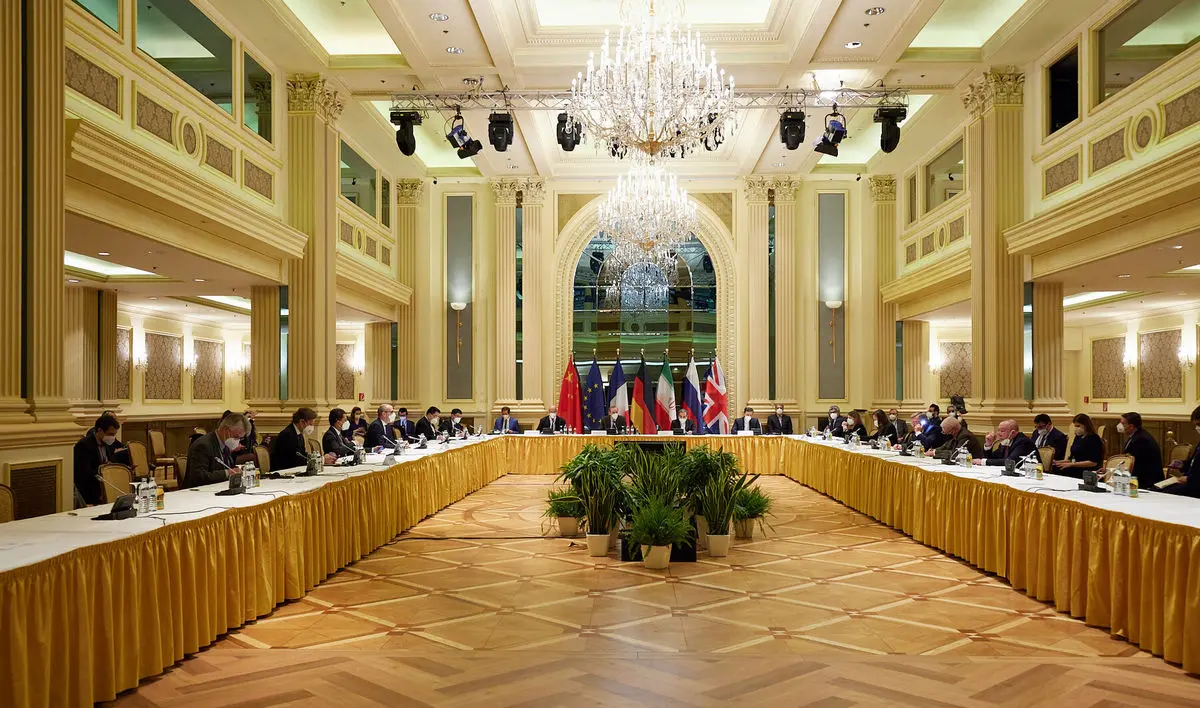Iran's delay in resuming talks not intended to reach nuclear breakout: expert

An expert on international affairs says Iran's delay in resuming the Vienna talks is not to reach a “nuclear breakout” time, noting Iran is sending a clear signal that it is not seeking “negotiation for negotiation” and rather it is looking for tangible results.
The West is pressing Iran to immediately return to the stalled nuclear deal talks. The last round of talks to revive the 2015 nuclear deal – JCPOA- was held on June 20. The talks were suspended as Iran held a presidential election on June 18 in which a new government came to power in Tehran. During the rule of the previous Iranian government, six rounds of talks were.
"It was already clear that Iran is not looking to move towards a nuclear breakout,” Reza Zabihi said in an interview.
Iranian Deputy Foreign Minister for Political Affairs Ali Bagheri and EU deputy foreign policy Chief Enrique Mora met in Brussels on Wednesday. After the meeting, Bagheri tweeted that the Vienna talks will start before the end of the current month.
Mora is the coordinator of the nuclear talks.
The expert said the Bagheri-Mora meeting in Brussels ended the speculation that Iran is not seeking negotiations.
The U.S. was participating in the talks indirectly. Iran has said it will not directly talk to the U.S. unless the country rejoins the nuclear deal and lift the illegal sanctions.
Zabihi said Iran has two clear reasons for a delay in the talks.
“Iran's first reason is a thorough and detailed review of the previous six rounds of negotiations conducted by the previous administration, and for this purpose it was necessary for the new nuclear negotiating team to gain full knowledge and insight into the details of all aspects of it and then develop the basis for the continuation of diplomacy and inform the relevant authorities and gets their approval,” Zabihi explained.
The university professor went on to say that Iran's second and main reason for the delay was to convey the clear message that Tehran did not want negotiations for negotiations and was looking for tangible and definite results.
"In fact, Iran did not set a specific precondition for the start of negotiations, but by using the element of time it tried to remind the fact that it is only looking for fruitful negotiations," Zabihi added.
The international relations researcher also said Iran has suffered a lot of financial and economic damages since the U.S. quit the JCPOA illegally, and until this date Tehran has not even claimed compensation for the damages.
Rather, he said, Iran is seeking to find a way back to the deal in a quite transparent way with tangible results.
Iran is also opposed to raising issues unrelated to the nuclear deal by the United States, he added.
"Therefore, a fair view respects the fact that Iran's demands are reasonable and principled. Of course, no further delay for the start of negotiations is necessary, because this misunderstanding may affect the negotiating parties that Iran seeks with this delay to move towards the nuclear breakout, which is not the case.”
END
